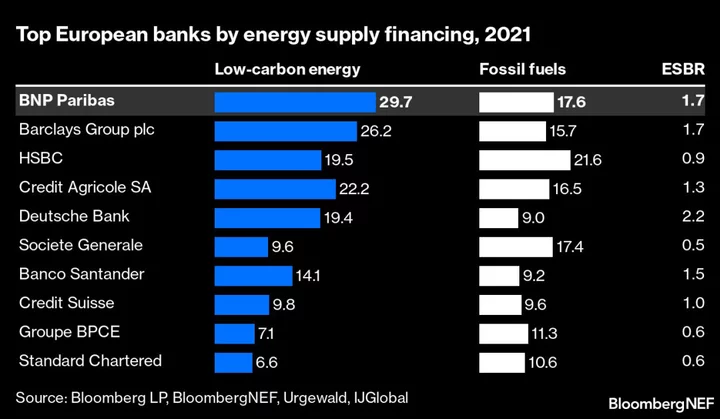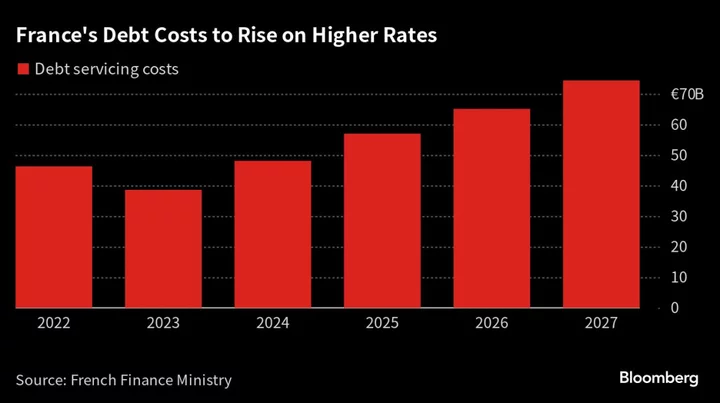
Scientists discover human groups that were long thought to be extinct are still alive
A recent finding in South Africa has rediscovered a human population that was thought to have been lost. When some languages from the Namibia Desert died out, anthropologists feared that the populations that spoke them had gone with it. However, researchers have discovered that the genetic identity of these once-thought lost populations may have been maintained, even without their native tongue. Southern Africa holds some of the greatest human genetic diversity on Earth, and it is a common pattern that this diversity suggests it is where a species or family originated. Even without fossil records, anthropologists would know humans evolved in Africa, simply by looking at how much greater the biological diversity is there. It is among the inhabitants of the Kalahari and Namibia Deserts of south-eastern Africa where this diversity can be seen most dramatically. "We were able to locate groups which were once thought to have disappeared more than 50 years ago," Dr Jorge Rocha of the University of Porto said in a statement. One of these groups is the Kwepe, who used to speak Kwadi. The disappearance of the language was thought to mark the end of their serration from neighbouring populations. Dr Ann-Maria Fehn of the Centro de Investigação em Biodiversidade e Recursos Genéticos said: "Kwadi was a click language that shared a common ancestor with the Khoe languages spoken by foragers and herders across Southern Africa." The team managed to find the descendants of those who spoke Kwadi, and discovered that they had retained their genetic distinctiveness that traces back to a time before Bantu-speaking farmers moved into the area. “A lot of our efforts were placed in understanding how much of this local variation and global eccentricity was caused by genetic drift – a random process that disproportionately affects small populations and by admixtures from vanished populations,” said Dr Sandra Oliverira of the University of Bern. "Previous studies revealed that foragers from the Kalahari desert descend from an ancestral population who was the first to split from all other extant humans,” added Professor Mark Stoneking of the Max Plank Institute for Evolutionary Anthropology. “Our results consistently place the newly identified ancestry within the same ancestral lineage but suggest that the Namib-related ancestry diverged from all other southern African ancestries, followed by a split of northern and southern Kalahari ancestries." The research allowed the team to reconstruct the migrations of the region's populations. With the Khoe-Kwadi speakers dispersed across the area around 2,000 years ago, possibly from what is now Tanzania. The populations that once spoke Kwadi, before adopting Bantu languages in recent decades, are the missing piece in the history of humanity as anthropologists identified in this study. The study can be read in Science Advances. Sign up to our free Indy100 weekly newsletter Have your say in our news democracy. Click the upvote icon at the top of the page to help raise this article through the indy100 rankings.
2023-09-27 19:18

Britain Loses Green Jobs in Latest Blow to Net Zero Transition
The UK said the number of “green jobs” associated with the push toward net zero fossil fuel emissions
2023-09-27 19:18

Mods are automatically disabled with Cyberpunk 2077: Phantom Liberty
Those downlo CD Projekt Red wants to ensure players are having "the best experience playing the game".
2023-09-27 19:15

With ESG Under Siege, Neuberger Backs Active Stock-Picking
ESG investment strategies have been widely criticized this year, so much so that money is leaving the once-thriving
2023-09-27 19:00

Shopify invests in wholesale platform Faire
LONDON E-commerce giant Shopify is investing in wholesale platform Faire, the companies said on Wednesday, in a global
2023-09-27 18:49

Banks Put on Notice as Climate Liabilities Hit Capital Planning
Banks that underestimate the financial fallout of the climate crisis are exposing themselves to regulatory and investor backlash
2023-09-27 18:23

Does UK’s Approval of New Rosebank North Sea Oil Field Boost Energy Security?
The controversial Rosebank oil and gas field in the UK North Sea got the go-ahead on Wednesday, despite
2023-09-27 18:21

FTC's Amazon antitrust lawsuit faces high bar in US court -experts
By Mike Scarcella The U.S. Federal Trade Commission's lawsuit accusing Amazon.com of abusing its retail market power to
2023-09-27 18:15

Hollywood writers' deal may set a template for talks with striking actors
By Dawn Chmielewski and Lisa Richwine LOS ANGELES The tentative deal Hollywood writers reached with the major studios
2023-09-27 16:59

Japan Utility Tohoku to Test Use of Hydrogen in Power Generation
Tohoku Electric Power Co. is accelerating plans to test the co-firing of hydrogen at a natural gas power
2023-09-27 16:22

China lists mobile app stores that comply with new rule, but Apple missing
By Josh Ye HONG KONG (Reuters) -China's cyberspace regulator released on Wednesday names of the first batch of mobile app
2023-09-27 15:48

Macron’s Budget to Test Taxpayer Tolerance for Climate Spending
French President Emmanuel Macron’s government will present a 2024 budget on Wednesday that tests voter appetite for pouring
2023-09-27 12:50
